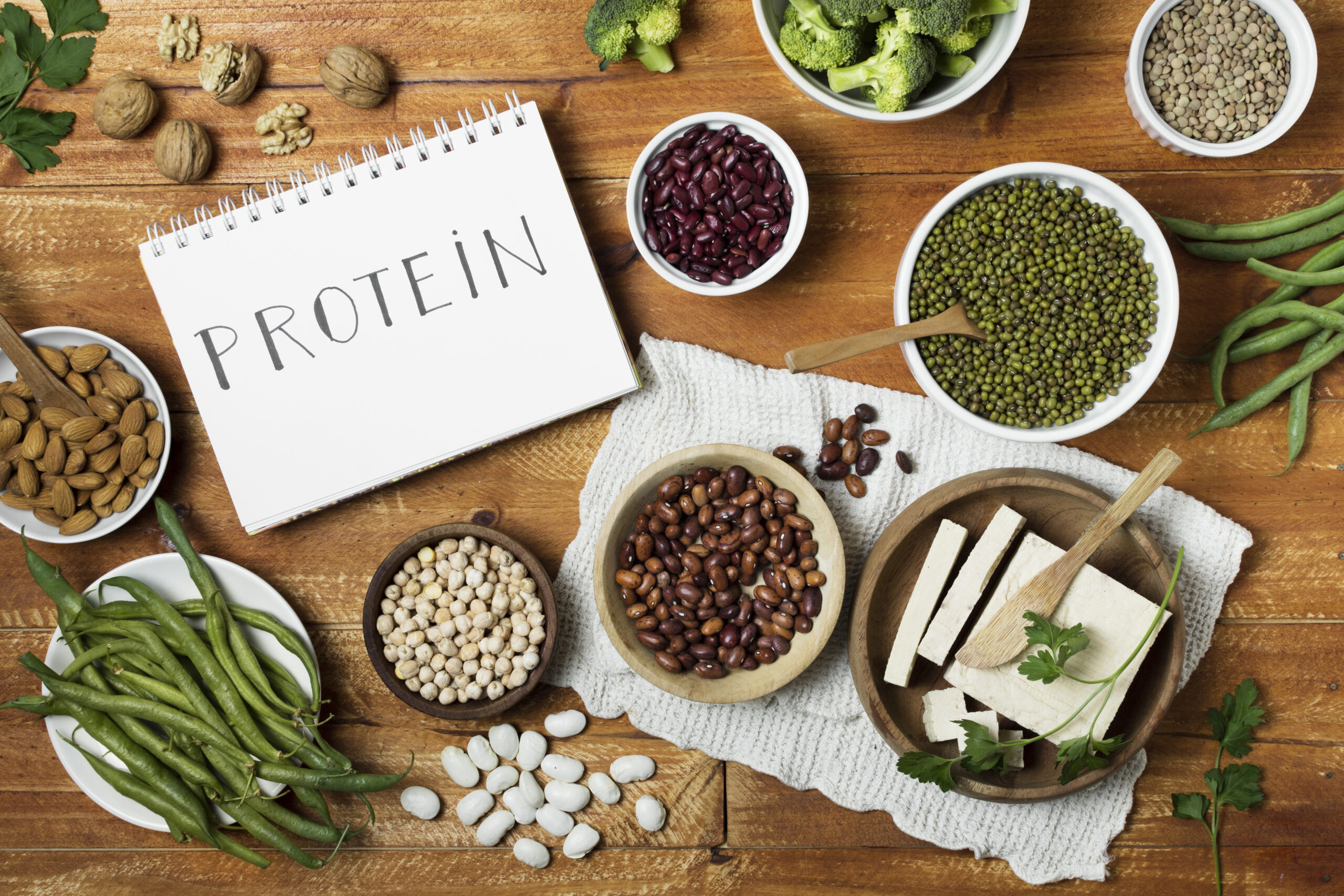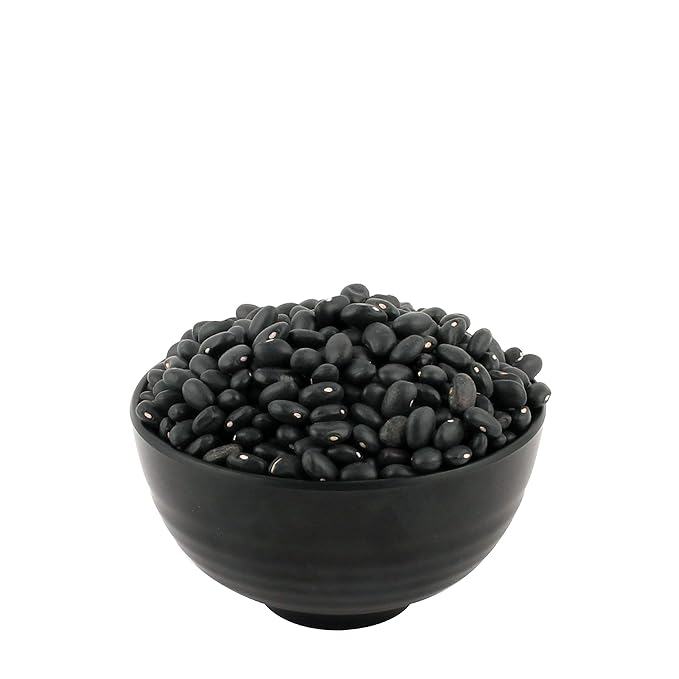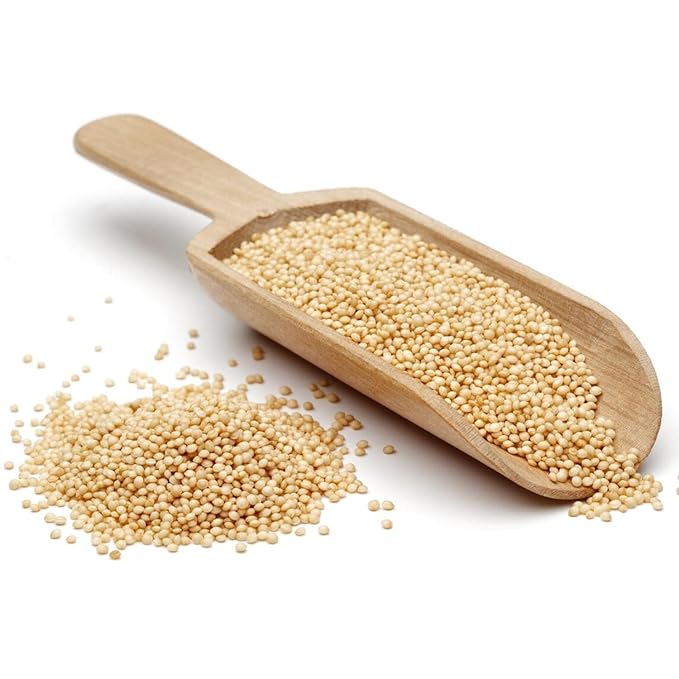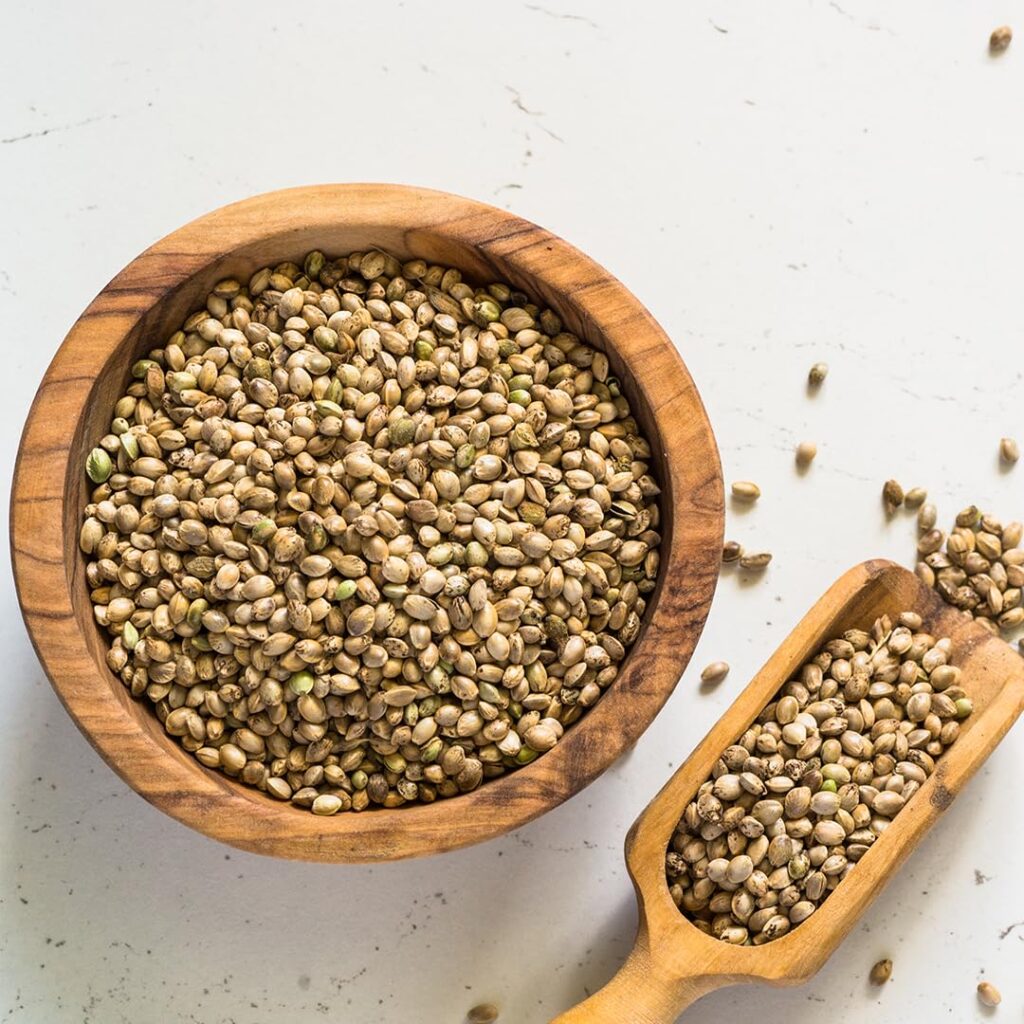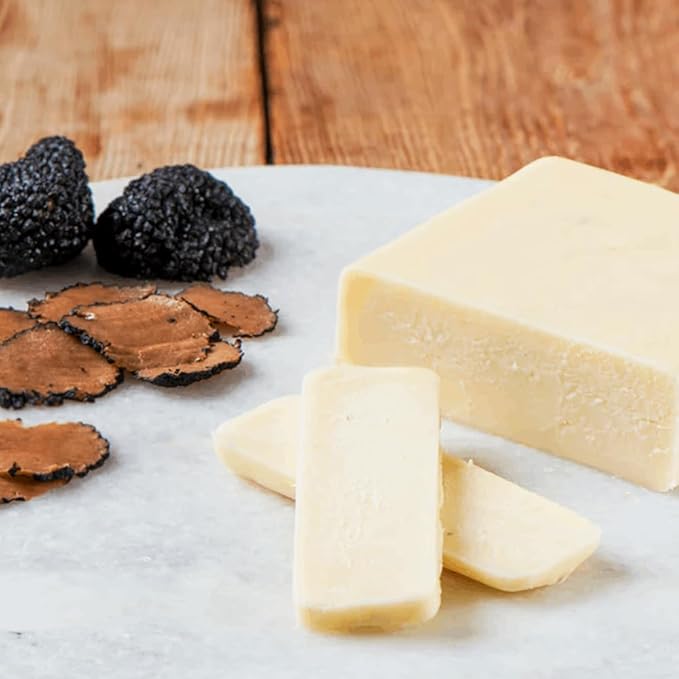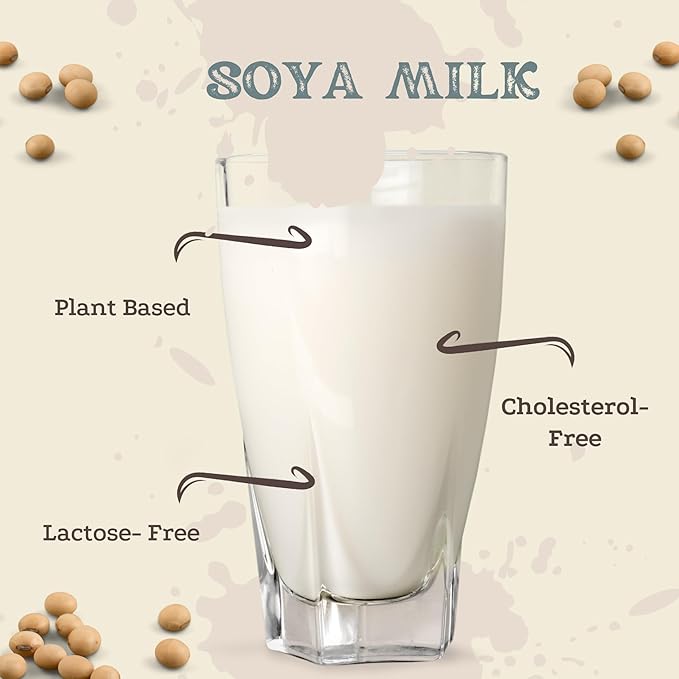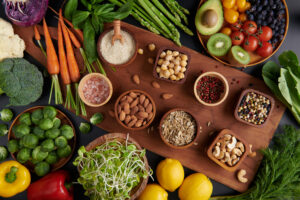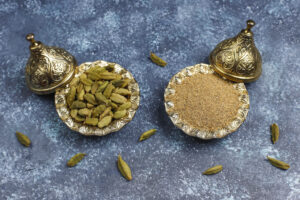Could your meat-free diet be missing the protein power your body relies on? You’re not alone. Many assume meat is the only protein source, but plants also fuel strength and energy. All you need is to choose the right plant-based foods.
Table of Contents
Why Protein Matters for Your Body
Picture it as your body’s foundation—the blocks that keep you strong and healthy. Your hair, skin, muscles, and even your hormones need it. Skimping on protein can leave you drained, weaken muscles, and slow down workout recovery.
For vegetarians, it’s is not hard to get — you just need variety and balance. A varied diet guarantees your body gets every essential amino acid it needs.
Best Plant-Based Protein Sources
Here are some powerful vegetarian-friendly foods that can help you reach your daily protein needs without relying on meat.
Legumes: Lentils, Chickpeas, and Beans
Lentils:
One cup of cooked lentils packs close to 18 grams of protein goodness. You can make comforting lentil soups, spicy Indian dals, or even toss them into salads.
Chickpeas:
Black Beans:
One cup offers roughly 15 grams, plus antioxidants that support heart health. Perfect for burritos, tacos, or bean salads.
Kidney Beans:
Pro Tip: To make legumes a complete nutrition, pair them with whole grains like rice, quinoa, or whole-wheat bread. This combination provides all essential amino acids your body needs for muscle repair and growth.
Also Read : Horse Gram
Soy Products: Tofu, Tempeh, and Edamame
Soy deserves a crown in the vegetarian world because it’s one of the few plant foods that are complete proteins. That means soy already contains all essential amino acids — something most plant foods don’t offer on their own.
Tofu:
Tempeh:
Made from fermented soybeans, tempeh has a nutty, chewy texture and nearly 20 grams in half a block. Because it’s fermented, it also helps your gut health.
Edamame:
Pro Tip: Try marinating tofu overnight or grilling tempeh with spices. You’ll be surprised at how delicious nutrient-rich meals can become.
Also Read : 22 Body Heat Hacks
Whole Grains That Surprise You
Quinoa:
This nutrient-packed grain delivers around 8 grams of complete protein per cup. Swap it for rice or toss it into salads with beans and vegetables.
Amaranth and Millet:
Oats:
One serving of oats gives you about 5–6 grams along with soluble fiber that lowers cholesterol. Kick off your morning with overnight oats, chia seeds, and almond butter for lasting fuel.
Pro Tip: Pair grains with legumes—like quinoa with black beans or oats with nuts—for balanced nutrition and lasting energy.
Also Read : 14 Foods You Should Never Refrigerate
Nuts and Seeds: Small but Mighty
Almonds:
Pumpkin Seeds:
Chia Seeds:
Hemp Seeds:
Three tablespoons deliver close to 10 grams of pure plant protein power. They’re considered a complete nutrition too.
Quick Idea: Sprinkle hemp seeds on salads, mix chia seeds into yogurt, or carry almonds as a travel snack. That way, you’re never far from a quick energy boost.
Also Read : How to Prevent from Covid & other Viruses
Dairy and Vegetarian-Friendly Protein
Greek Yogurt:
Cottage Cheese (Paneer):
Half a cup offers about 12–14 grams. Enjoy it cubed in curries, grilled as kebabs, or sprinkled over salads.
Cheese:
While cheese is not the leanest option, in moderation it’s a tasty way to add extra flavor and nutrition to your meals.
And don’t forget eggs (if you’re ovo-vegetarian). One egg packs 6 grams of protein, plus B12 and choline for overall health.
Pro Tip: Choose low-fat or lower-sugar dairy to enjoy the perks minus extra calories.
Also Read : Scrolling Overload
How Much Protein Do You Really Need?
Also Read : How to Take Care of Your Parents
Creative Ways to Boost Your Protein Intake
Sometimes hitting your nutrient target feels tough. Here are some easy tricks:
- Add beans to salads and soups
- Snack on roasted chickpeas instead of chips
- Greek yogurt makes a smooth, nutrient-packed base for delicious homemade dips
- Blend nutrient-rich smoothies with nut butter and seeds
- For a quick boost, try convenient plant-based protein powders
Also Read : The Truth about Sleep Deprivation
Common Myths About Vegetarian Protein
Myth 1: You can’t build muscle without meat.
Truth: Many athletes thrive on plant-based diets. Protein is protein, no matter the source.
Myth 2: Vegetarians don’t get enough nutrient.
Truth: Cleverly pairing plant foods helps you hit your protein targets with ease.
Myth 3: Plant nutrients are incomplete.
Truth: Even if one plant food misses an amino acid, combos like rice and beans complete the profile.
Also Read : Detox Your Body
Sample High-Protein Vegetarian Day
Here’s an example of a balanced, protein-rich day on your plate:
- Breakfast : Start strong- Oatmeal with chia, almond butter, and soy milk packs 15g protein
- Snack: Greek yogurt with pumpkin seeds (18g)
- Lunch: Quinoa salad with chickpeas and veggies (20g)
- Snack: Roasted edamame (12g)
- Dinner : Stir-fried tofu with brown rice and broccoli packs 25g
That’s around 90 grams— no meat needed.
Also Read : How to Deal With Depression
FAQs About Protein for Vegetarians
Can vegetarians get enough protein without supplements?
Yes! If you eat a mix of legumes, grains, nuts, and dairy or eggs, you can meet your needs naturally.
What’s the healthiest vegetarian protein?
There isn’t one single winner. Soy, legumes, and dairy (if you eat it) are all excellent. Variety is key.
Are protein powders safe for vegetarians?
Yes, it works—just choose a clean, high-quality brand. Common choices for plant protein powders include rice, hemp, and pea.
Ever thought if a high-protein vegetarian diet can help shed weight?
Definitely. It helps you feel full and maintain muscle while losing fat. Just balance portions with fiber and healthy fats.
Also Read : Hypertension Fix
Final Takeaway
Choosing vegetarian doesn’t mean giving up on strength or lasting energy. With the right food sources, you can fuel your body, build muscle, and stay full of vitality. Think of it as mixing colors on a palette — the more variety you bring to your plate, the stronger and healthier your masterpiece becomes.
Also Read : How to Improve Your Eyesight

